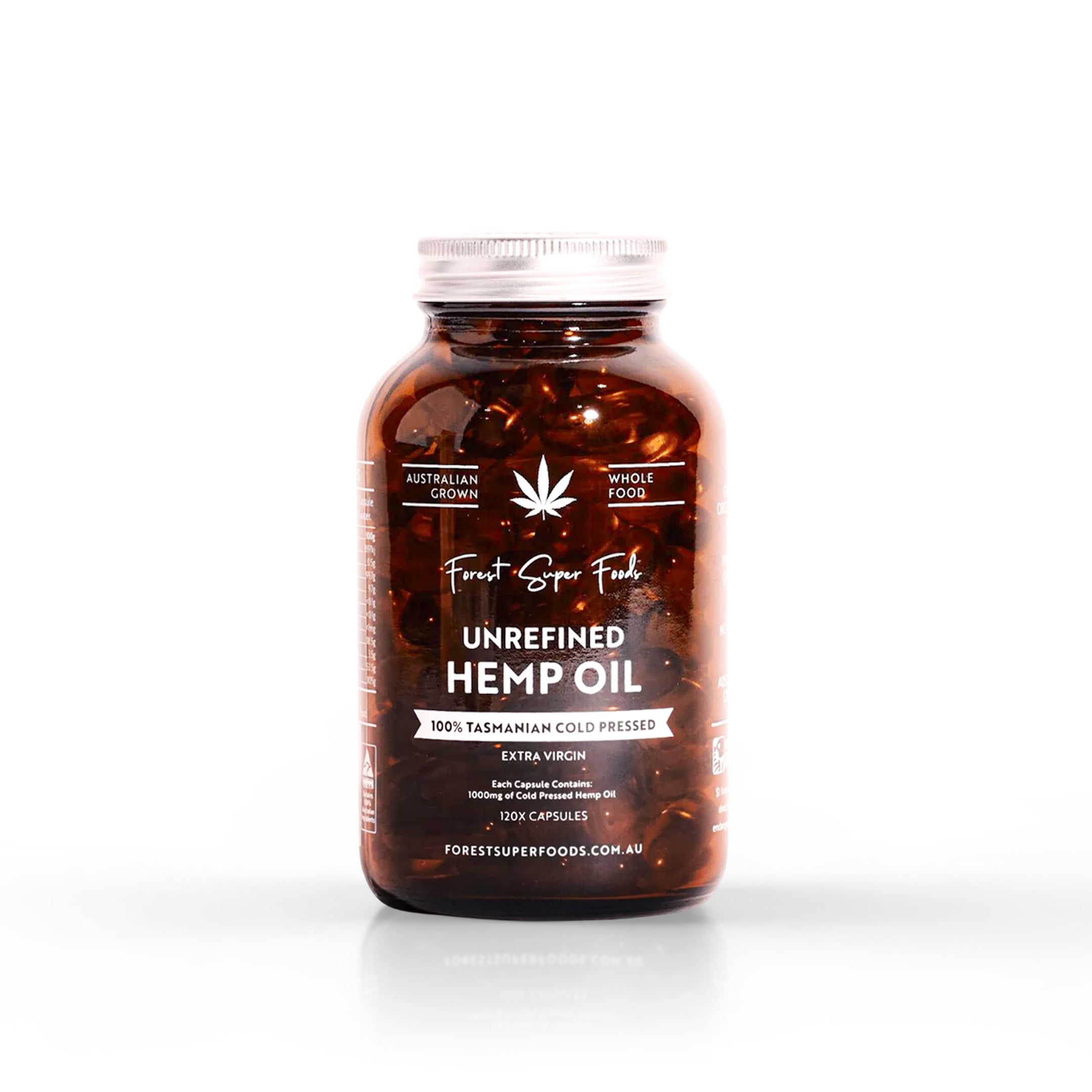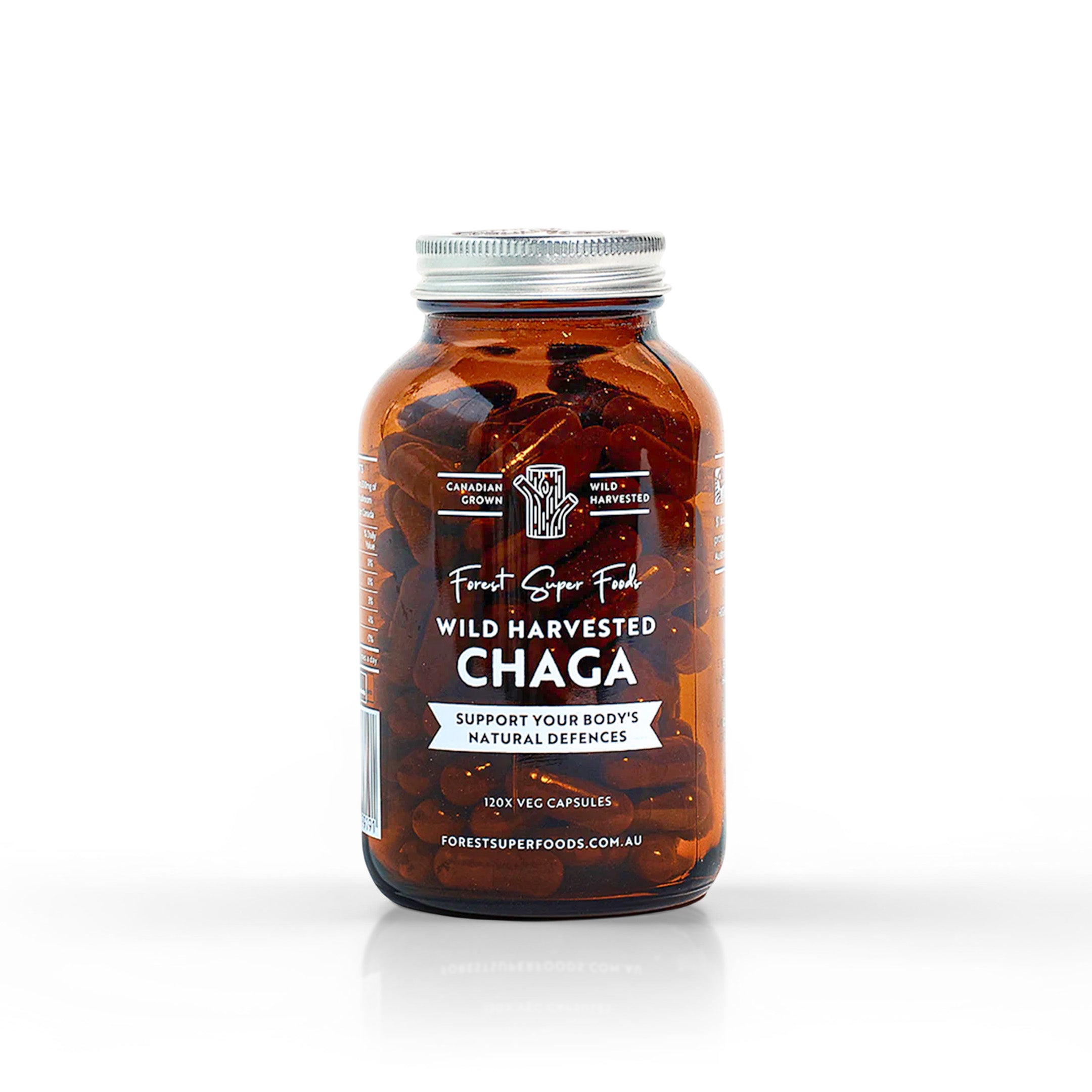It's amazing to be alive in a time when we get to understand the workings of the human body like never before… one organ we should all get familiar with is our hearts.
Heart disease is the leading cause of mortality world wide- and its largely preventable. Whilst genetics play a role in heart health, so do the choices we make everyday- what we eat, what we eat out of, how we manage stress and how active we are,-can either strengthen or strain this vital organ, often without us even realising it.
The heart is a muscular organ that pumps blood throughout the body, supplying oxygen and nutrients to tissues and removing waste products, and arteries are the ‘roads’ that transport the oxygen rich blood from the heart to the tissue and organs.
Problems arise when the heart's blood supply is reduced or blocked, it's akin to encountering a roadblock in the arteries, leading to conditions such as heart attacks and strokes.
Understanding Arterial Health
Arteries can become clogged due to the accumulation of plaque—a combination of fat, cholesterol, and other substances. This process, known as atherosclerosis, restricts blood flow and increases the risk of heart attacks and strokes.
The Silent Killers. There are many contributors to arterial blockage
Excessive Sugar Intake: For decades, dietary fats, particularly saturated fats, were blamed for rising rates of heart disease, leading to widespread campaigns promoting low-fat diets. However, emerging research has revealed that sugar, not fat, may have been the bigger culprit all along. High sugar consumption contributes to obesity, inflammation, insulin resistance, and elevated triglycerides—key drivers of heart disease.
Imbalance of Omega-3 and Omega-6 Fatty Acids: Modern diets and the consumption of seed oils and the industrial farming of animals leads to an imbalance of Omega 3: 6 ratio. The excess of omega-6 fatty acids leads to inflammation. Balancing these with omega-3s is crucial for cardiovascular health.
Exposure to Plastics: Microplastics can contribute to inflammation in blood vessels, it has been found that they can accumulate in the arteries, and are pro-inflammatory
Stress: When stressed, the body releases hormones like adrenaline and cortisol, which increase heart rate and blood pressure. Over time, these elevated levels can damage artery walls, leading to hypertension—a major risk factor for heart disease. Prolonged stress can further contribute to inflammation in the body, which is linked to the development of atherosclerosis, where arteries become clogged with fatty deposits.
High Cholesterol and Blood Pressure: Elevated levels of low-density lipoprotein (LDL) cholesterol can lead to the buildup of fatty deposits in arteries, narrowing them and restricting blood flow to the heart. High blood pressure further strains the cardiovascular system by damaging artery walls, creating an environment conducive to plaque formation.
Preventing and Addressing Clogged Arteries
Dietary Choices: Whole, nutrient-dense foods rich in antioxidants and healthy fats. Incorporate fatty fish, hemp oil and seeds, leafy greens, berries, and nuts into your meals.
Physical Activity: Engage in regular exercise to strengthen the heart and improve circulation.
Stress Management: Practice mindfulness techniques to reduce stress, breathwork, yoga, meditation , take Ashwagandha.
Recognising Signs of Heart Issues
Be attentive to symptoms such as chest discomfort, shortness of breath, unexplained fatigue, swelling in the extremities, and irregular heartbeats. Consult a healthcare professional if these occur.
Incorporate the following into your diet
Foods high in Omega 3’s: Rebalance your fats and consume more Wild caught salmon, hemp seeds, mackerel, sardines, flaxseeds, chia seeds, walnuts, anchovies, herring, and trout are all excellent sources of omega-3 fatty acids. These fats help reduce inflammation
Foods high in nitrates: Beetroot, spinach, rocket, celery,kale, lettuce, radishes, bok choy, carrots, cabbage, and parsley are all rich in natural nitrates, which your body can convert into nitric oxide to support cardiovascular health.
Foods high in antioxidants: Blueberries, strawberries, dark chocolate, pecans, cacao, artichokes, goji berries, raspberries, kale, red cabbage, chaga, and spinach are all rich in antioxidants, which help protect your cells from damage caused by free radicals.
Foods high in both fat and fibre: Nuts and seeds, olives, avocado, Incorporating foods rich in both fibre and healthy fats into your diet can significantly enhance heart health. Fibre helps lower LDL cholesterol levels by binding to cholesterol in the digestive system and removing it from the body, thereby reducing the risk of heart disease.
Olive oil: Olive oil, particularly extra virgin olive oil, is renowned for its heart health benefits. Rich in monounsaturated fats, it helps reduce LDL ("bad") cholesterol levels while maintaining HDL ("good") cholesterol, thereby lowering the risk of heart disease. It also contains polyphenols, which are antioxidants that protect blood lipids from oxidative stress, further supporting cardiovascular health.
Only eat Free Range, grass fed animal’s, eggs and dairy: Animals raised on grain-heavy diets (like corn and soy) have a much higher omega-6 content compared to their grass-fed counterparts. This imbalance is passed onto us through the meat, dairy, and eggs we consume, amplifying chronic inflammation—a key driver of heart disease.
Your heart health is in your hands, so take control of it, cook food at home to avoid the nasty seed oils, avoid the silent killers, like excessive sugar intake, chronic stress, and even exposure to everyday toxins, use olive oil, move your body everyday..only eat free range animals and dairy... these small changes are big for heart health, start today repeat tomorrow
純有機 Ashwagandha 膠囊為您的健康和保健提供強大的補充劑。 立即訂購 |

|
常見問題
Ashwagandha 對身體有什麼功效?
Ashwagandha 是一種傳統的適應原,以幫助身體管理壓力而聞名。它可以幫助平衡荷爾蒙、改善能量水平、減少焦慮和提高睡眠品質。有些研究也顯示 Ashwagandha 對大腦功能、耐力和免疫力有幫助。
Ashwagandha 是否允許在澳洲使用?
是的,Ashwagandha 獲准在澳洲作為營養補充品的列名成分使用和銷售。在 Forest Super Foods,我們確保我們的 Ashwagandha 是 100% 有機且符合澳洲標準和法規。
如果每天服用 Ashwagandha 會怎樣?
許多人每天服用 Ashwagandha 來長期緩解壓力、改善情緒和睡眠。大多數的好處都是在數週內逐漸發現的。請務必依照建議劑量服用,如果您正在服藥或正在處理健康問題,請諮詢專業醫護人員。
Ashwagandha 有副作用嗎?
Ashwagandha 一般耐受性良好,但在某些情況下,可能會引起消化不適、嗜睡或荷爾蒙影響。懷孕期間不建議使用,患有甲狀腺疾病或自體免疫失調的人應該先諮詢醫生。
Ashwagandha 會讓您昏昏欲睡嗎?
Ashwagandha 不像是鎮靜劑,但它可以促進放鬆,並有助於減少過度活躍的壓力反應。這種鎮靜效果可讓您在晚上睡得更深,而不會造成白天昏昏欲睡。
Ashwagandha 需要多久才會生效?
大多數人在持續使用 2 到 4 週之內就會開始察覺到效果。不過,這會因您的健康狀況、用量和使用目的 (例如:壓力、睡眠、能量或荷爾蒙) 而異。










1 評論
Debra King
Very interesting and informative article – many thanks.
Especially re Omega 6 and 3 imbalance and importance of opting for free-range etc. 🐂
發表評論
所有評論在發表前都經過審查。
本網站受 hCaptcha 保護,並適用 hCaptcha隱私權政策 和服務條款。